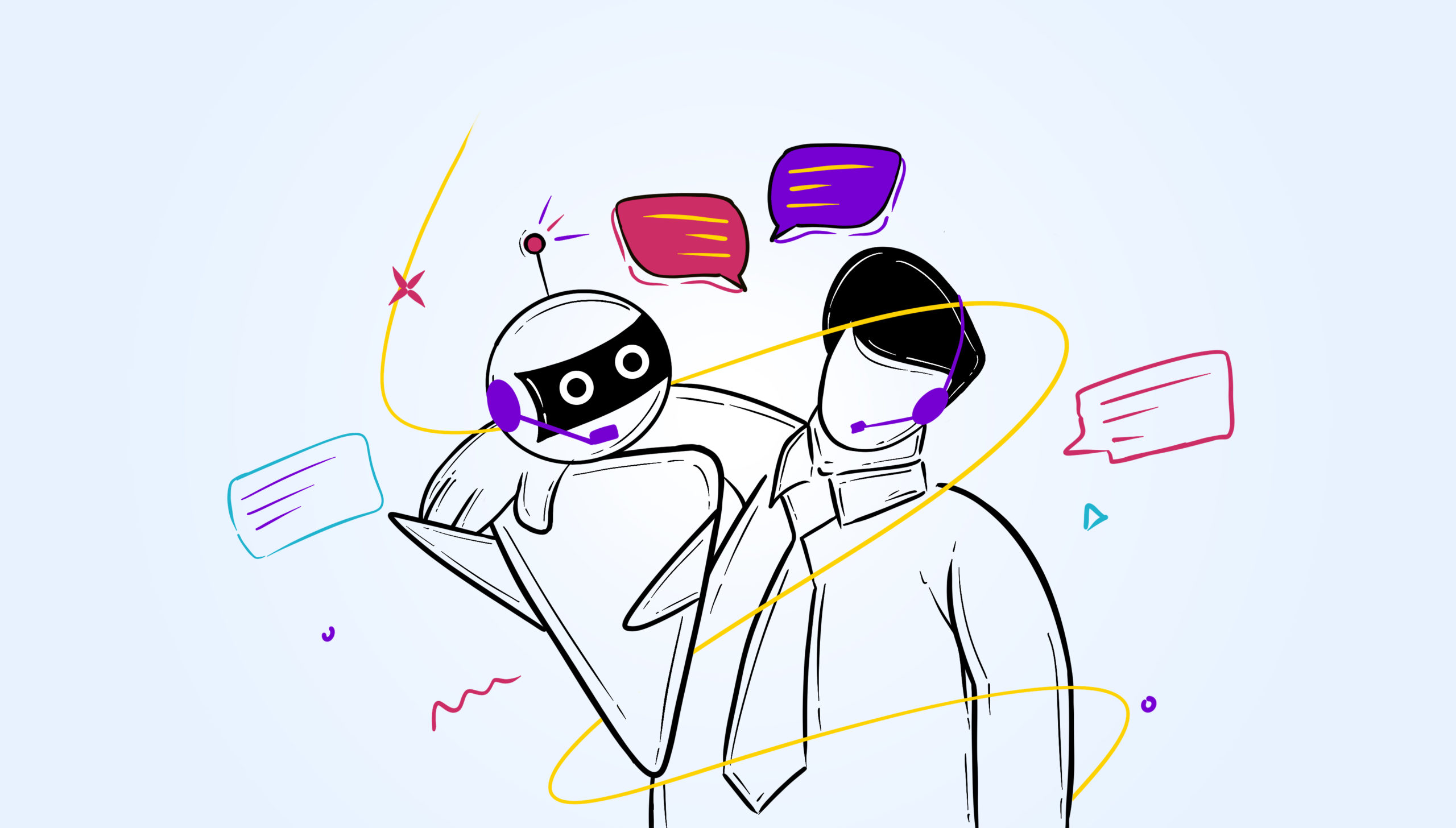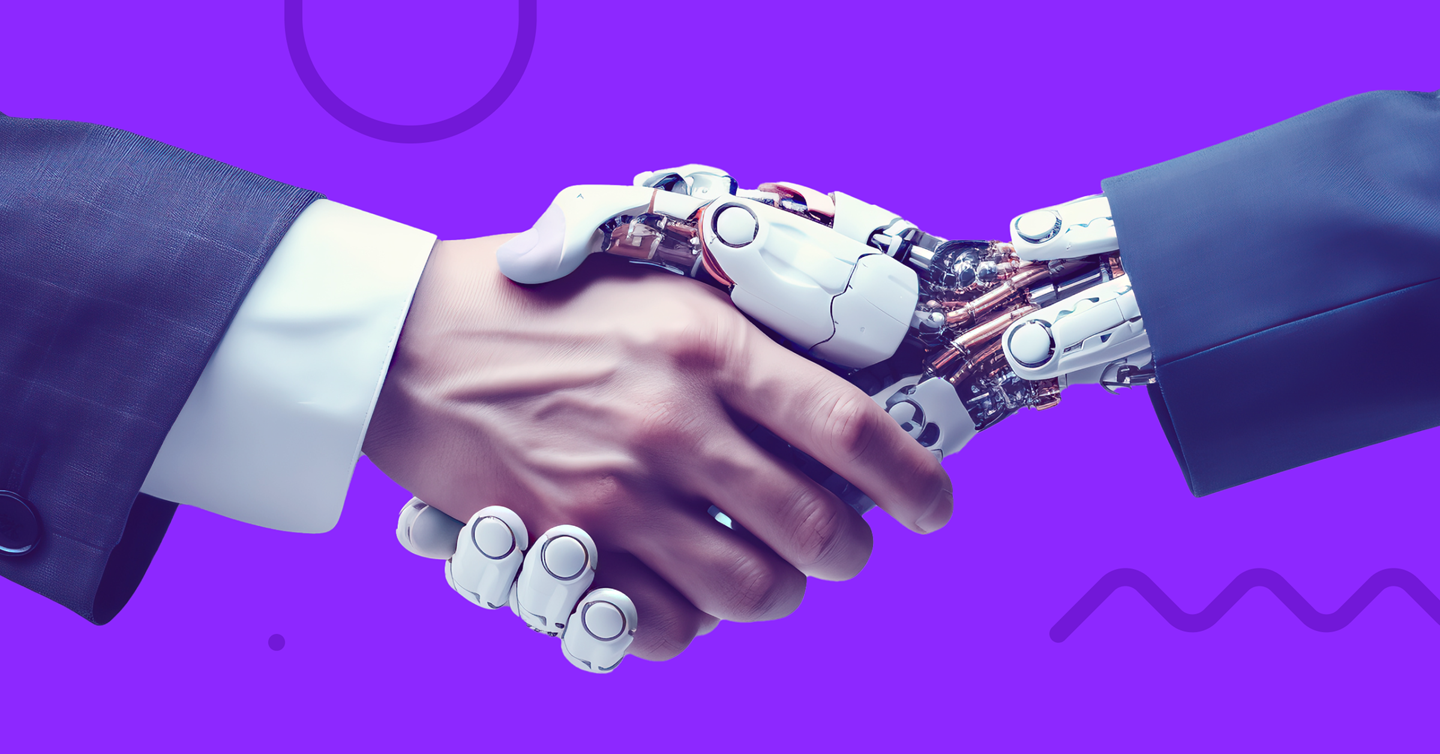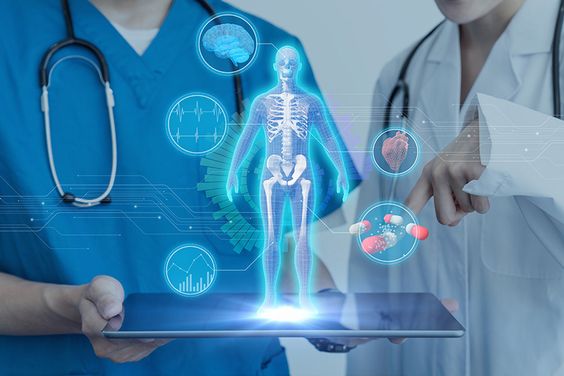
The implications of Human-Chatbot interaction
Alina Minhas - 28 Nov 2023

The implications of Human-Chatbot interaction
Definition of chatbotsGrowing use of chatbots in various domainsHuman-Chatbot InteractionsTypes of interactions (spoken, written, visual)Benefits of human-like interactionsPsychological Impacts of ChatbotsEmotional support and companionshipReduction of social isolation and lonelinessCognitive and behavioral changesEthical ConsiderationsThe potential for dependence and over-reliance on chatbotsPrivacy and data security concernsFuture TrendsAdvancements in natural language processing and artificial intelligenceIntegration of chatbots into mental health treatment plansLegal ConcernsEnsuring ethical use of chatbots in mental healthProtecting user privacy and data

AI: Your Professional Ally in the Digital Age
Introduction:Emphasis on the potential of AI in enhancing the professional landscapeInnovations making way for opportunitiesThe positive impact of AI tools across various industries. AI Tools and Their Impact on Industries:Discuss how AI tools are revolutionizing industries like healthcare, finance, and manufacturing.Explore examples of AI-powered technologies such as machine learning, automation, and data analytics. Displacement and Adaptation:Addressing concerns regarding job displacement due to AI.Highlighting how professionals can adapt by upskilling and embracing new roles created by AI.Exploring the concept of human-AI collaboration in the workplace. Debates and Concerns Surrounding AI:Ethical considerations and biases in AI systems.Analyzing the potential impact of AI on privacy, security, and job markets.Include perspectives from experts and industry leaders. The Need for Education and Adaptability:The importance of education and continuous learning to stay relevant in the AI-driven world.Highlighting the need for professionals to embrace adaptability and develop skills that complement AI technologies.Discussing the role of organizations and educational institutions in preparing professionals for the future.

AI: Your Professional Ally in the Digital Age
Alina Minhas - 27 Nov 2023
Introduction:Emphasis on the potential of AI in enhancing the professional landscapeInnovations making way for opportunitiesThe positive impact of AI tools across various industries. AI Tools and Their Impact on Industries:Discuss how AI tools are revolutionizing industries like healthcare, finance, and manufacturing.Explore examples of AI-powered technologies such as machine learning, automation, and data analytics. Displacement and Adaptation:Addressing concerns regarding job displacement due to AI.Highlighting how professionals can adapt by upskilling and embracing new roles created by AI.Exploring the concept of human-AI collaboration in the workplace. Debates and Concerns Surrounding AI:Ethical considerations and biases in AI systems.Analyzing the potential impact of AI on privacy, security, and job markets.Include perspectives from experts and industry leaders. The Need for Education and Adaptability:The importance of education and continuous learning to stay relevant in the AI-driven world.Highlighting the need for professionals to embrace adaptability and develop skills that complement AI technologies.Discussing the role of organizations and educational institutions in preparing professionals for the future.

AI and Healthcare
Alina Minhas - 27 Nov 2023
AI is changing the game in healthcare, from diagnostics to personalized treatment and patient care. It's a powerful tool that enhances disease diagnosis, offering more accuracy, reducing errors, and speeding up the process. For instance, AI can assist in identifying diseases like breast cancer and skin cancer, even outperforming human experts. It can also help in optimizing drug dosages, reducing side effects, and enhancing the effectiveness of treatments. Furthermore, AI plays a crucial role in population health management, predicting disease outbreaks and identifying high-risk patients, ultimately saving costs and improving patient outcomes.But the impact of AI doesn't stop there; it's transforming patient care too. Virtual health assistants and mental health support systems offer personalized care and improve patient engagement. AI chatbots help patients with medical advice, appointment scheduling, and even monitoring vital signs, making healthcare more accessible. Additionally, AI can enhance patient education by providing tailored information and guidance, empowering patients to take control of their health. The future of healthcare is being shaped by AI, promising better accuracy, efficiency, and patient-centered care. However, challenges like data accuracy, privacy, and maintaining a human touch must be addressed as AI continues to evolve and revolutionize the healthcare industry.



